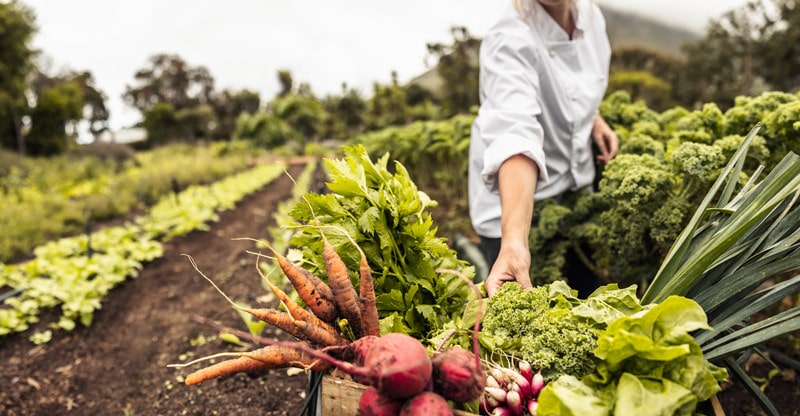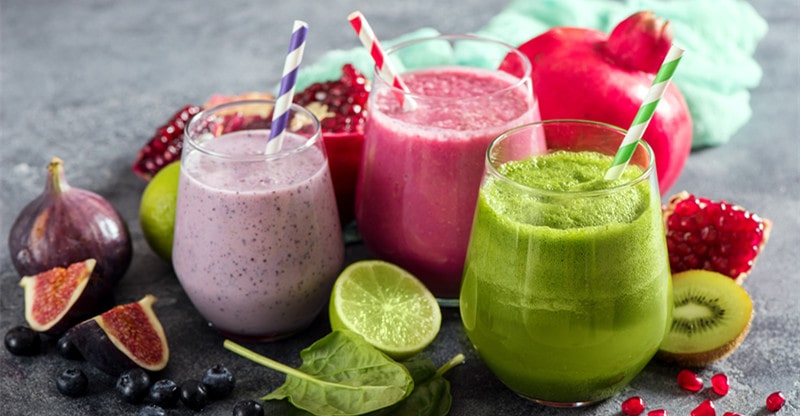As the world’s population increases, we find ourselves challenged regarding the world’s available food resources. Many people have turned to gardening at home, reducing their carbon footprint. Agricultural researchers have developed new ways to increase food production with more eco-friendly methods. Let’s take a look at the differences between both. ...READ THE FULL STORY FROM SOURCE ...READ THE FULL STORY FROM SOURCE
Agricultural Biotechnology
Agricultural biotechnology encompasses procedures that change the nature of living things. These changes are made to improve a plant’s ability to grow. Other benefits of agricultural biotechnology include safer pest control and weed management.
The first documented genetically modified substance receiving approval to be used in food occurred in 1988. This substance was an enzyme called chymosin (rennin), used to change milk into cheese. Previous to genetic modification, the enzyme had been obtained from the lining of a cow’s stomach.
Uses of Agritech
Current uses of agricultural biotechnology (nicknamed “agritech”) include the protection of crops from potentially serious diseases. The use of agricultural biotechnology which attracts the most attention is its ability to increase crop output. Farmers using the principles from these researchers find it easier to produce more crops.
Some food manufacturers report that agritech has improved the flavors of food. In addition to its use for improving plants, some research is focused on new uses for genetic engineering. Plants now show an ability to remove toxins from the soil, which allows more plants to be harvested.
Crop Development
Because it increases the supply of crops, agritech is sometimes targeted to produce crops with a large global market. Four popular crops now account for 99% of international purchases of genetically modified plants. Those crops are maize, soybeans, cotton, and oilseed rape (the base ingredient for canola oil.)
Other crops getting the attention of agritech developers include alfalfa, papaya, and potatoes. Alfalfa has been engineered to resist the effects of weed killers. Papayas have been modified to fight viruses which used to kill them. Potatoes are now less likely to be bruised and have a lower level of asparagine (a byproduct that can be toxic.)
Home Gardening
While the influence of agritech is making a global impact, many people make their impact by growing produce at home. While home gardens may provide vegetables for one family, they reduce carbon emissions from fossil fuels used to transport produce from the farms to the grocery store. Many home gardeners are also aware of the health benefits of fresh vegetables. This may be of particular interest to women, as statistics have shown almost 14% of women over 18 are reportedly in fair or poor health.
If a homeowner does their gardening, then the movements involved with gardening provide health benefits beyond the nutrients supplied by the produce. Walking, bending, pulling, and lifting actions fit into moderate exercise, which can increase your immune response. Being outside in the fresh air also provides benefits to your respiratory system.
Organic Produce
When you grow your food, you get to choose what you put into your soil. You can choose whether you want to use organic or synthetic pesticides. Home gardeners often build and use compost for their fertilizer, as the organic elements in compost add protein to the soil. Many home gardeners believe organic produce tastes better and is more densely packed with nutrients.
In addition to the physical benefits of gardening, it has been shown to provide a connection to nature, which can boost your mental health. When you dig your hands into the soil and feel the sun on your back, your connection to nature will deepen. The increase in gardening interest has been evidenced since 2018. According to Comfy Living, gardening sales increased during that year by 10%.
The global efforts toward improving our foods will continue to bring new revelations. We have now improved how we grow our food through biotechnology, while many still prefer home gardening. Both aspects of improvements to our foods will result in home improvement at its most basic level....For More READ THE FULL STORY ▶▶




